Virtually everyone who’s ever used an Apple product has an Apple ID. This user account for all things Apple is most commonly used with the iTunes Store and the iOS and Mac App Stores. It’s used to both authorize purchases and to allow you to access content or run apps after they’re downloaded. Apple’s philosophy is that every person should have their own Apple ID and that each of us should use our individual Apple ID (and only that Apple ID) on each of our devices – iPads, iPhones, iPods, Macs, even PC’s running iTunes or other Apple software.
That’s a great concept, but it creates a big challenge when iOS devices are used in business or school environments. When someone configures an iOS device for an employee or student with a selection of apps and other content (like iBooks 2 textbooks), they need to use an Apple ID. But once that device is deployed, the end user may need or want to purchase additional apps or other materials.
This is often a stumbling block for business-owned devices. And it’s something that Apple has finally begun to address with Apple Configurator.
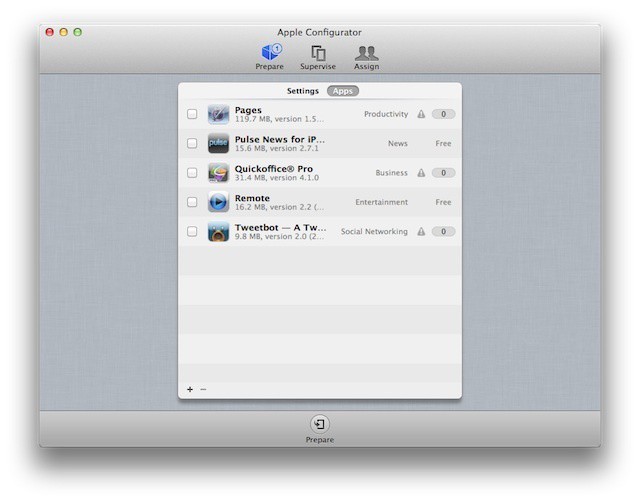

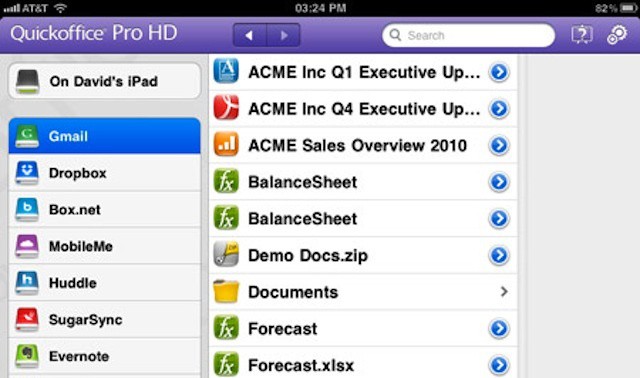
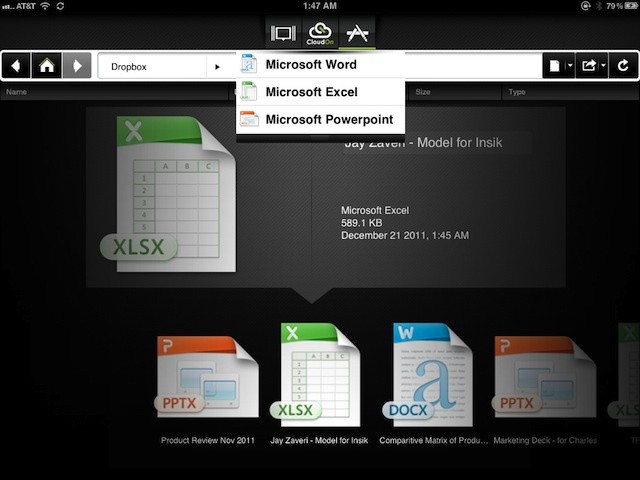

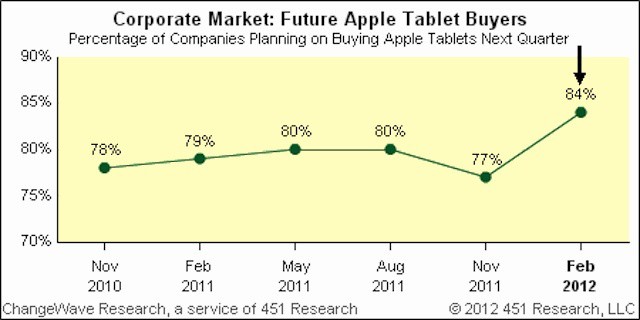
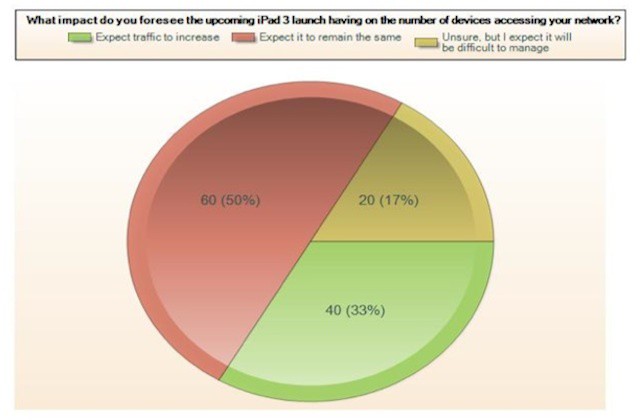
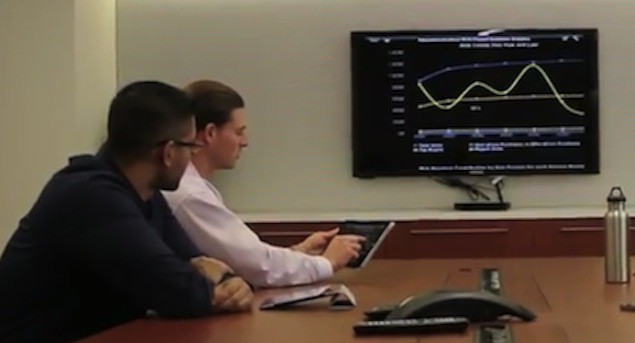



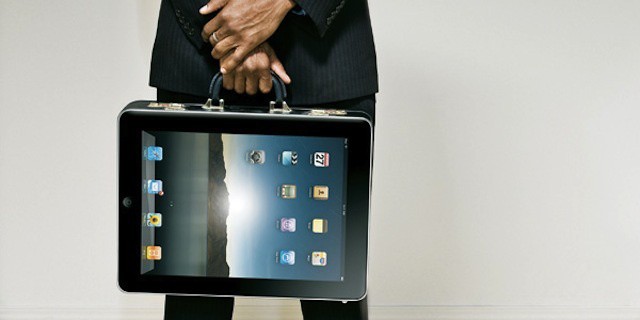



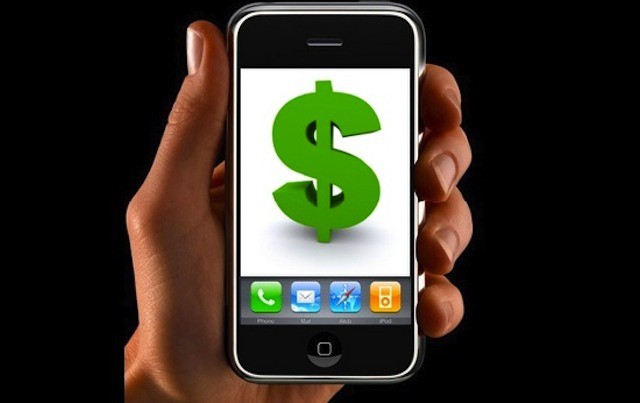
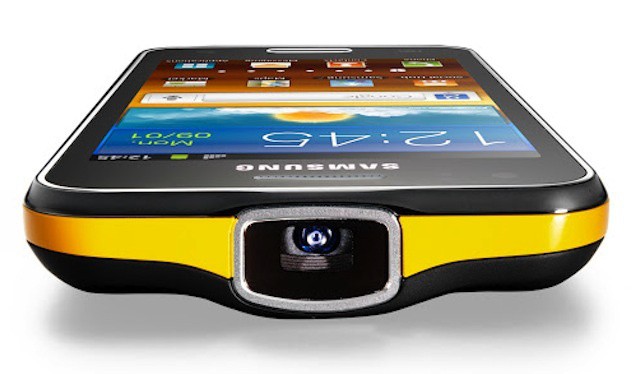

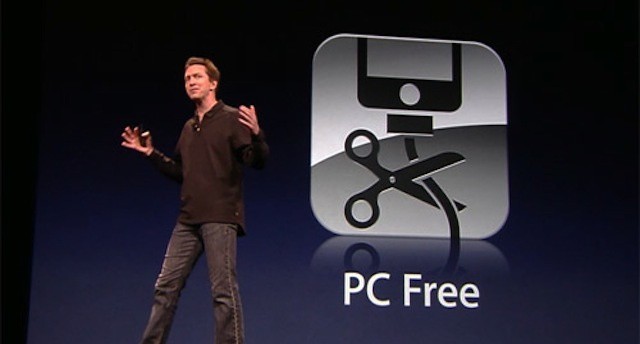
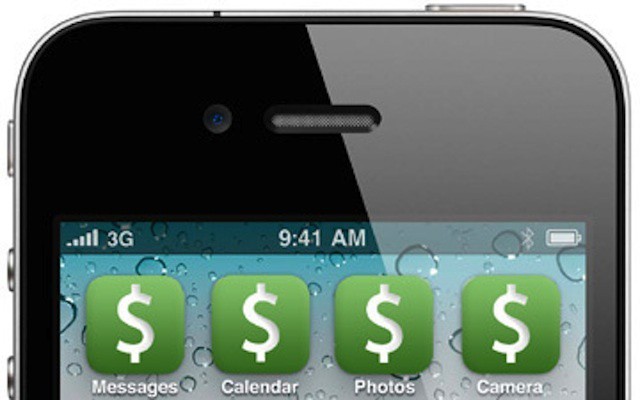

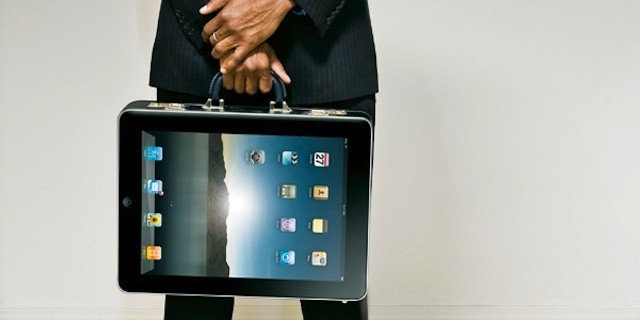
![BYOD Challenge: How IT Can Keep User-Owned iPhones And iPads Secure In Enterprise [Feature] Not everyone is ready to jump on the BYOD bandwagon](https://www.cultofmac.com/wp-content/uploads/2012/02/byod-tshirt1.jpg)
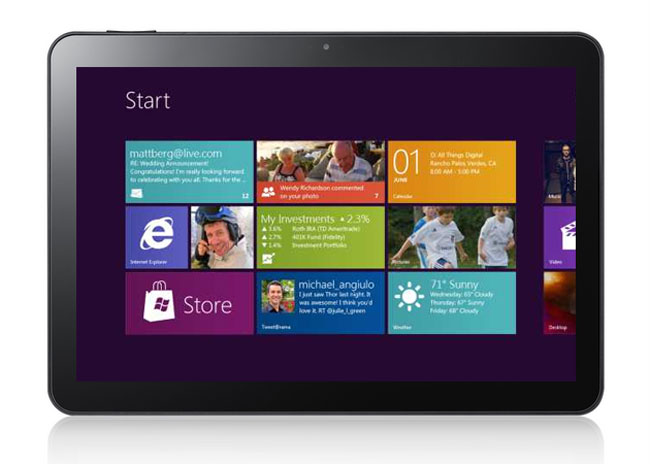


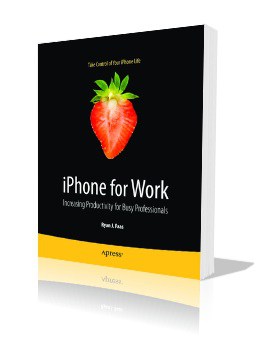

![Financial And Health Business Sectors Most Likely To Use iPads At Work [Report] Photo by renatomitra - http://flic.kr/p/4BqW5i](https://www.cultofmac.com/wp-content/uploads/2011/12/iphoneatwork2.jpg)